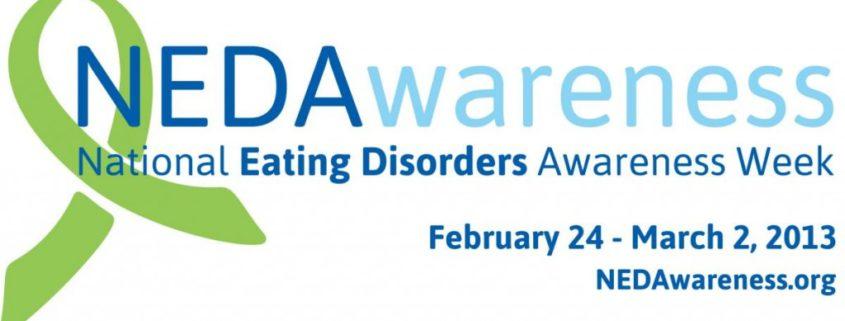
Body culture, identity risks and NEDA week
Body culture is nothing new. Decorating and beautifying bodies is as old as the world, and evidence for it is found in prehistoric caves and in archeological artifacts. The human body has clearly been ‘readable’ since times immemorial.
Body Culture and social media
Through social media and digital technology, the body became more visible and the body functions as a tool that reveals group differences and which also can be used to distinguish you as an individual (“I’m [not] like that”). Social media platforms, for instance, can be seen as a panopticon in which you are subjected by the judgments to others (Foucault, 1975). These judgments are grounded in norms that are subjective in nature and that arise from continuous interaction between people, to whose judgment we submit ourselves. Thus in the morning, the reflection you see in the mirror is not a reflection of what you look like, but a reflection of how you want to be in the eyes of others. But what if that what you see in the mirror is not how you want others to see you?
The unspoken question is here: which standard are we trying to apply to ourselves?
Obsession with one’s body is often part of growing up. During adolescence, it is important to know what your friends do, what make-up they wear, which perfume they use, what they do with their own bodies. Do friends dye their hair, are they on a diet, do they shave their legs or practice particular sports? The unspoken question is here: which standard are we trying to apply to ourselves? And this, then, is converted into: which group do we wish to be a member of? For when one wants to be part of a particular group, one really has to go for it and strive for the best ‘matching’ representation of oneself. Meaning: a representation that is in line with the explicit and implicit norms of that group. And here comes the problem: if your body differs too much from the average, it may make you feel abnormal – you may be too fat or too skinny, or simply insufficiently ‘in’, in the eyes of the others..
You might conclude that body culture in connection to identity risks is one of the dominant themes in your life on social media.
Interesting is that all kinds of institutions pop up continuously, taking responsibility for the control of the bodies. These institutions function as sequestrations, another notion coined by Foucault (1973). Sequestrations are institutions that, among others, take responsibility for the direct or indirect control of aspects of life, parts of one’s social existence. Points of existence are the body, sexuality, and the relationship between individuals. And this is exactly what a platform such as Facebook is all about: we can see it as a sequestrating institution controlling the norms we believe to be dominant in defining various forms of group membership.
Institutions of body culture: Neda Week
Think for instance about NEDA week, National Eating Disorders Awareness Week. The aim of this week is to “expand the conversation and highlight stories we don't often hear. Our culture has complicated relationships with food, exercise, and appearance.” NEDA week creates the norms that having an eating disorder is acknowledged, while “NEDA envisions a world without eating disorders” for their mission is [..] to serve as a catalyst for prevention, cures, and access to quality care.
NEDAwareness week: National Eating Disorders Awareness week
While NEDA week ostensibly addresses highly specific issues – eating disorders – the wording of the phrases above already shows how the small things are projected onto bigger ones. We move from eating disorders to norms of food consumption, to health issues in general, and thence to normative modes of being and group belonging. The existence of eating disorders, beauty standards, and social pressure, as earlier described in "Fashion as a tyranny: Beauty standards and social pressure" can lead to a society where people feel the need to be included at all costs, along with the fear of being excluded or marginalized in this process.
But what if that what you see in the mirror is not how you want others to see you?
Just keep an eye on your social media accounts for a couple of days, and observe the density of messages, ads and updates related to the care of the body, to health and fitness, always connected to larger identity issues, usually presented in a discourse of character flaws and identity risks, and couched in frames of commodity consumption. You will see how social media shape a dense panoptic network around you, causing you to wonder, worry and doubt whether you are ‘in’, in the eyes of the others. You might conclude that body culture in connection to identity risks is one of the dominant themes in your life on social media.
References:
Foucault, M. (2016). The Punitive Society: Lectures at the Collège de France, 1972-1973. Paris: Gallimard
Foucault, M. (1975). Surveiller et Punir. Paris: Gallimard.
